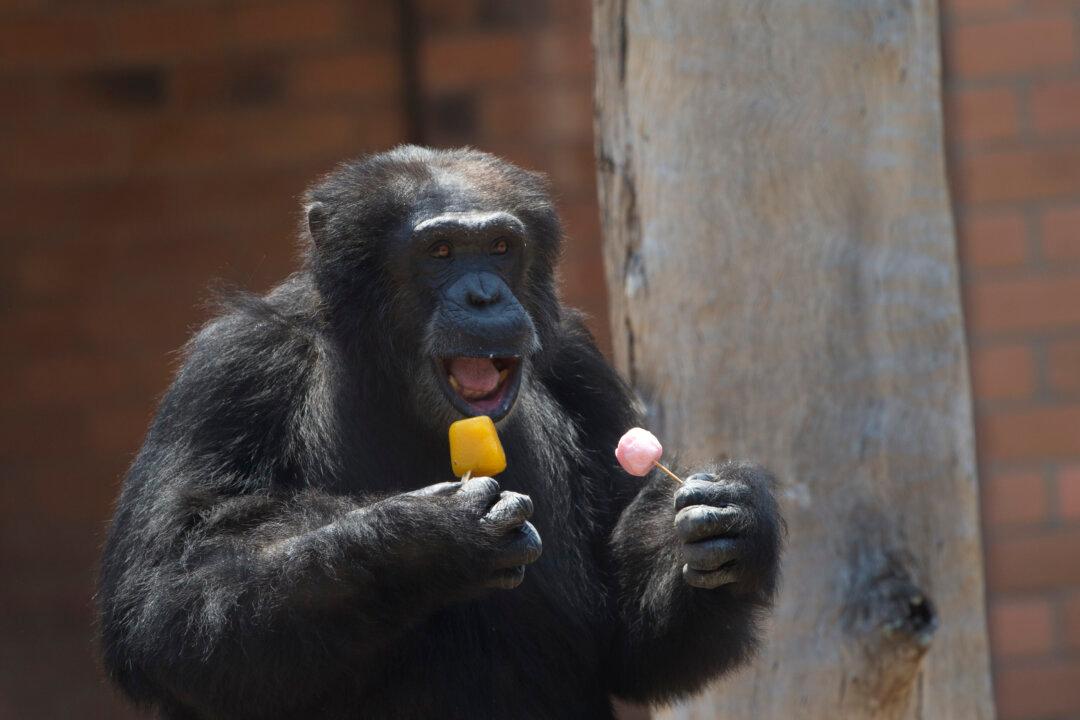On Tuesday, animal rights activists rejoiced after a New York judge implicitly granted two lab chimps legal personhood by issuing a writ of habeas corpus in a court case between Stony Brooks University and the Nonhuman Rights Project, an advocacy group. Habeas corpus is the legal principle that people have the right to contest unlawful imprisonment before the court.
The project argues that the chimps are being illegally detained and demand their release and transfer to the Save the Chimps, a sanctuary in Fort Pierce, Florida.
But on Wednesday, a spokesperson for the court clarified to Science magazine that the “writ of habeas corpus” had been mistakenly issued, and an updated version of the court order, which schedules the university and advocacy group to reconvene on May 6th, has the phrase crossed out.
Lower courts in New York had already thrown out three separate cases litigated by the Nonhuman Rights Project on behalf of chimps, but the group is unfazed by the judge’s revision.
“These cases are novel and this is the first time that an Order to Show Cause has issued,” the Project said in a statement. “We are grateful for an opportunity to litigate the issue of the freedom of the chimpanzees, Hercules and Leo, at the ordered May hearing.”
The Project maintains that an order to show cause, which asks for one or more of the parties to explain or justify something to the court, being issued at all implicitly recognized the legal personhood of chimps under article 70 of common law proceedings.
The case is part of a larger campaign by the advocacy group to give legal personhood to chimps and bonobos. The group’s founder, Steve Wise, believes that the two species deserves more rights than they currently have because of their relative biological proximity to humans and cognitive properties, and that chimps should not be used for biomedical research.
Chimps are a prime candidate for many medical experiments because their likeness to humans means that they’re often vulnerable to the same diseases. For example, the chimpanzee is the only animal susceptible to all five hepatitis viruses.





